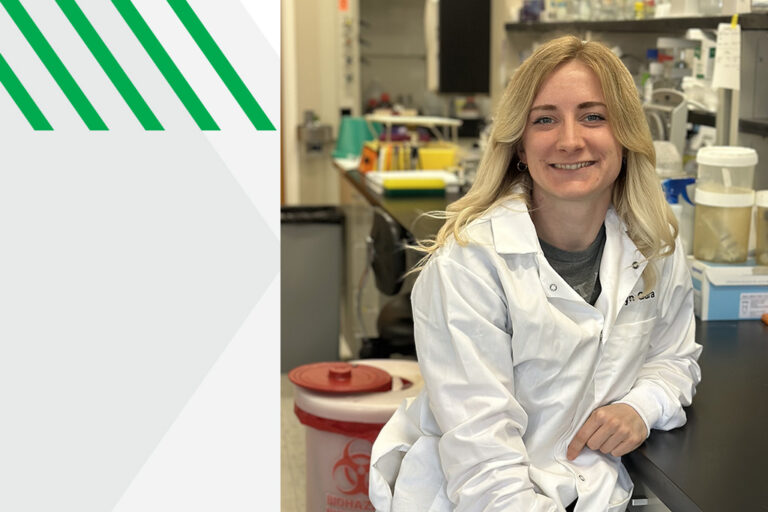Jennifer Raum and Brock Ashmore accepted to 2024 Chief Resident Immersion Training Program in addiction medicine
Dr. Jennifer Raum, program director for the SMHS Internal Medicine Residency Program, and Dr. Brock Ashmore, chief resident in the program, have been accepted to attend the 2024 Chief Resident Immersion Training (CRIT) program in addiction medicine (entitled “Improving Clinical and Teaching Skills for Generalists”) in Beverly, Mass. from April 28 to May 1, 2024.
The CRIT Program is part of the Boston University School of Medicine and is funded by the National Institute on Drug Abuse (NIDA). It is a four-day immersion training for incoming chief residents on state-of-the-art methods to diagnose, manage, and teach about addiction medicine. The training equips chief residents with essential skills to teach addiction medicine and will help faculty mentors assist their chiefs with incorporating addiction issues into teaching.
“This could be a real turning point for our residents and for our patients,” said Dr. Raum. “Residents and faculty are eager to expand our knowledge regarding substance abuse and addiction so that we can provide the best care to our patients.”
Dr. Dinesh Bande, chair of the SMHS Department of Internal Medicine, supported Dr. Raum’s application to the CRIT program.
“Our residents need the opportunity to care for patients with substance use disorder (SUD) in a supportive environment, to promote empathy and reduce bias,” said Dr. Bande. “Residents working with supportive, knowledgeable faculty and dedicated team members can lead to individual and system culture change.”
According to Dr. Bande, although many residents care for patients with end-stage addiction, particularly in hospital and emergency department settings, residents often lack clinical experiences in optimal clinical settings.
“Thus, leaders at academic centers and teaching health systems are prioritizing addiction medicine clinics and consult services in both inpatient and outpatient settings to integrate SUD treatment into existing training settings,” Dr. Bande continued. “We are enthusiastic in availing the opportunities to improve our education and training of residents and faculty in addiction medicine.”



